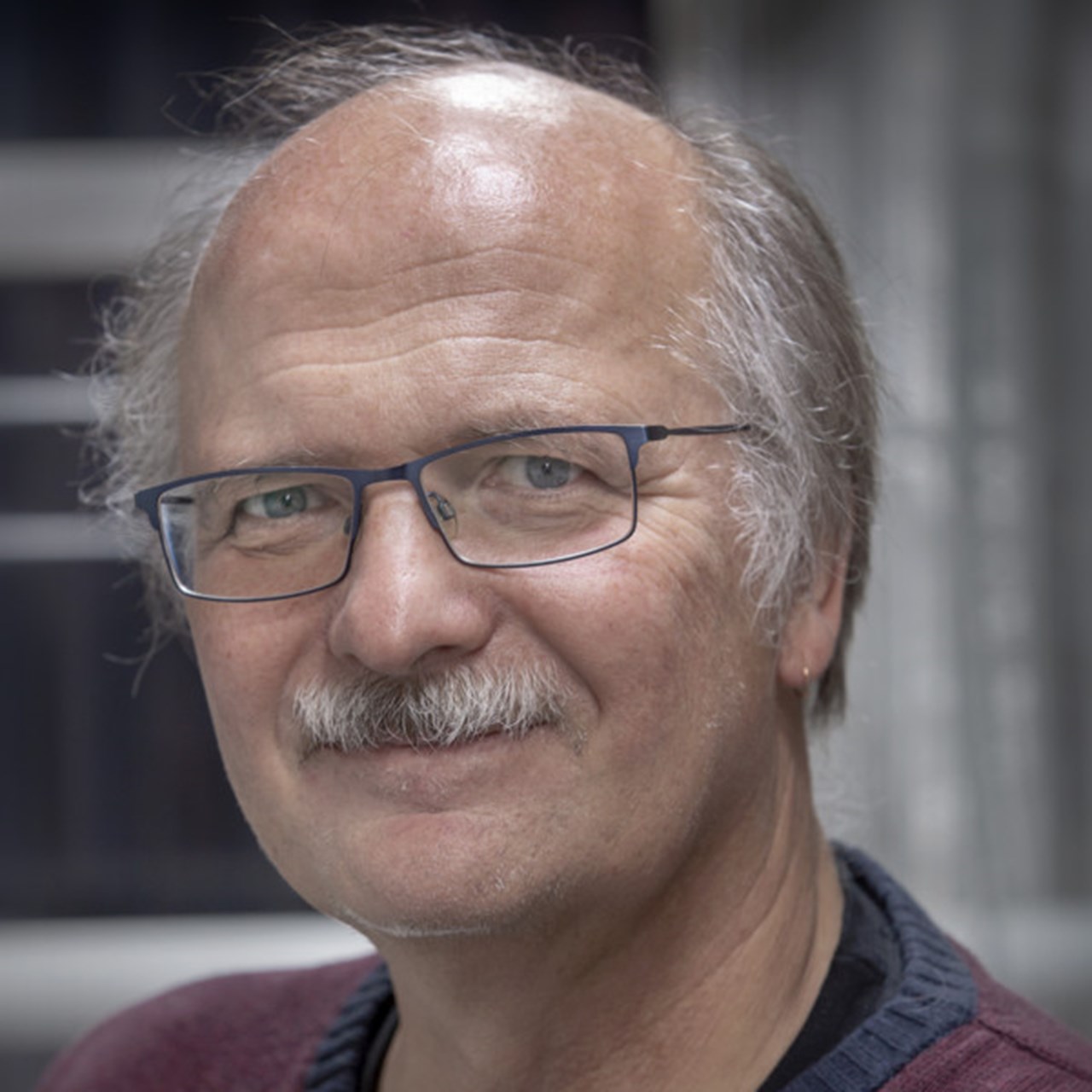GMO and genome-editing
GMO is when DNA is transferred from one organism to another. In risk assessments of GMO, only harmless organisms are allowed. But in reality, GMO cannot be allowed regardless of how favourable or harmless it is assessed, according to Stefan Jansson. Since the law was passed in 2001, nothing has been accepted.
In July 2018, the EU Court of Justice interpreted the law: all plants genetically modified by the gene-editing scissors CRISPR-Cas9 fall under GMO legislation. In the US, the situation is reversed. Critical voices say that if no foreign DNA has been inserted to genome edited plants, they should not be classed as GMO.



